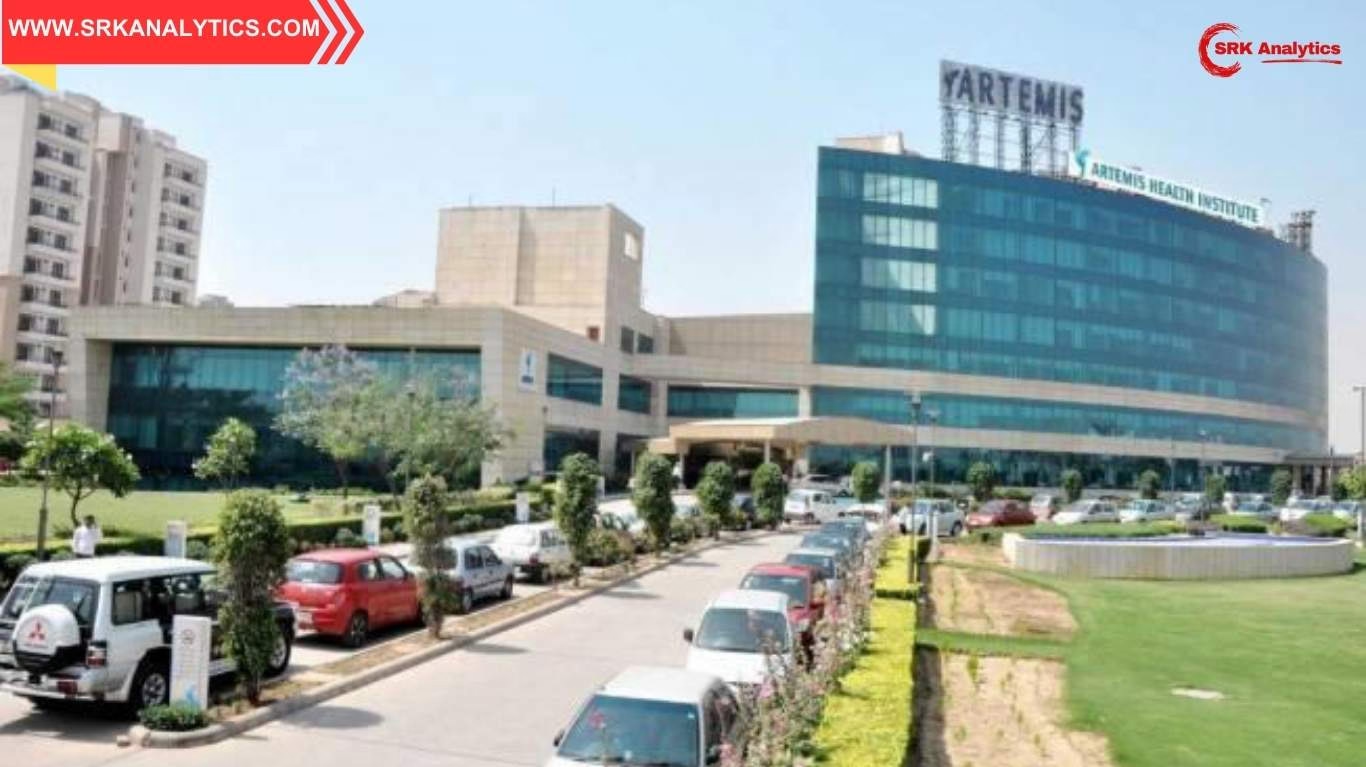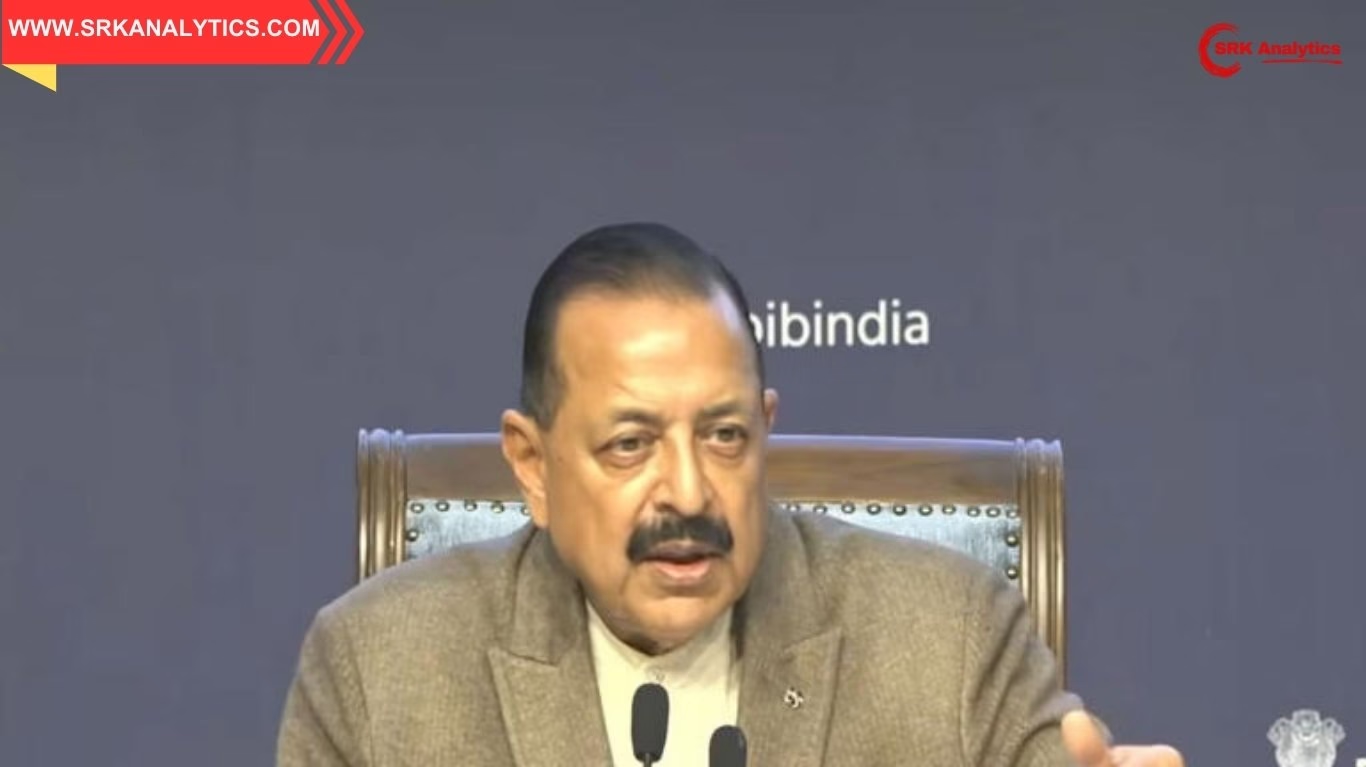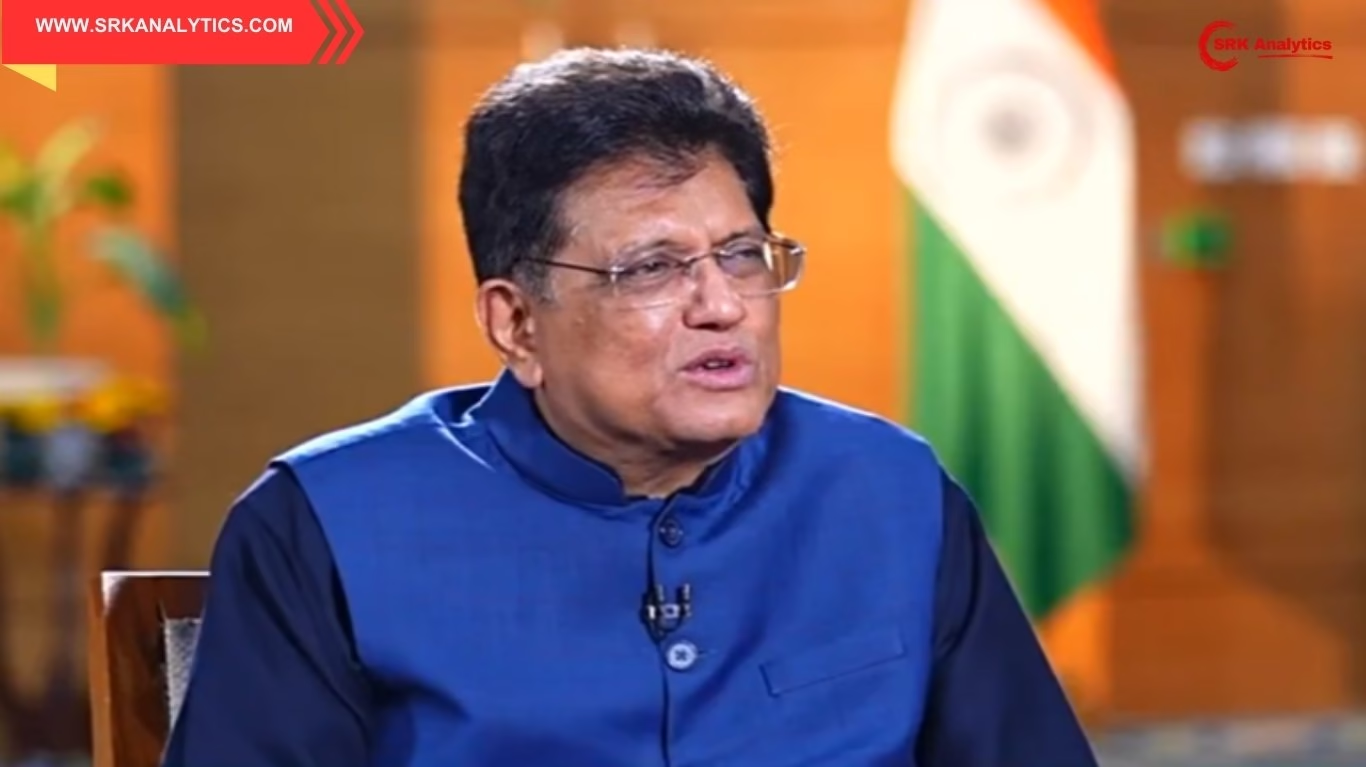In a strong statement highlighting the importance of international trade partnerships, Union Commerce and Industry Minister Piyush Goyal said that Free Trade Agreements (FTAs) signed with Australia, the United Arab Emirates (UAE), and the upcoming pact with the United Kingdom (UK) will open up greater market access opportunities for India’s agriculture sector. Addressing an industry event in New Delhi, Goyal emphasised that these FTAs will not only boost exports but also ensure long-term resilience for farmers and agri-businesses.
Strategic trade gains from FTAs
According to Goyal, India’s Comprehensive Economic Partnership Agreement (CEPA) with UAE and Economic Cooperation and Trade Agreement (ECTA) with Australia have already begun to show results. The proposed FTA with the UK is in advanced stages, with negotiators aiming to finalise sensitive chapters on agriculture, market access, and investment protection in the coming months.
| Country | Agreement type | Status | Key agricultural implications |
|---|---|---|---|
| UAE | CEPA | Implemented May 2022 | Duty-free access to Indian rice, fruits, vegetables, tea |
| Australia | ECTA | Implemented Dec 2022 | Tariff elimination on Indian spices, shrimps, processed food |
| UK | FTA | Under negotiation | Expected reduction in tariffs on basmati rice, marine exports, fresh fruits |
Goyal’s remarks on agriculture potential
“The FTAs are structured keeping India’s farmers at the centre. We are ensuring that they get remunerative prices, better technology access, and large markets for their produce without compromising food security,” Goyal stated. He highlighted that India’s agricultural exports crossed USD 50 billion in FY24, with processed food, marine products, spices, and rice being top contributors.
Key benefits for Indian agri sector from FTAs
- Tariff reduction and duty-free access: Immediate competitiveness in Australia and UAE markets.
- Market diversification: Reduced dependence on traditional markets like US and Europe.
- Higher price realisation: Premium for Indian produce such as basmati rice, spices, and marine products.
- Technology and investment flow: Modernisation of cold chains, storage, processing, and value addition.
Agri export trends post FTA implementation
| Product category | FY23 exports (USD bn) | FY24 exports (USD bn) | Growth (%) |
|---|---|---|---|
| Rice | 10.54 | 11.23 | +6.5 |
| Marine products | 8.09 | 8.95 | +10.6 |
| Spices | 4.06 | 4.52 | +11.3 |
| Processed food | 3.27 | 3.89 | +18.9 |
The above data shows that post-FTA with UAE and Australia, exports in core segments such as rice, marine products, and processed food saw healthy double-digit growth. Industry associations like the Agricultural and Processed Food Products Export Development Authority (APEDA) have been working closely with exporters to ensure compliance with stringent quality norms in Australia and UAE markets.
Concerns raised by farm bodies
While industry stakeholders welcomed the government’s push for FTAs, certain farmer organisations cautioned about ensuring adequate safeguards to protect domestic producers from cheap imports. Bhartiya Kisan Sangh (BKS) sought clarity on non-tariff barriers imposed by importing countries that often restrict market entry despite tariff concessions.
Issues flagged include:
- Sanitary and phytosanitary standards (SPS) for fruits, vegetables, and meat
- Labelling norms and residue level checks for processed food
- Quotas and seasonal restrictions on rice and wheat exports
UK FTA to drive basmati rice and marine exports
Negotiations with the UK are reportedly in final stages with a focus on securing reduced tariffs on basmati rice, marine products like prawns, crabs, and ready-to-eat food items. India is the world’s largest basmati rice exporter and third-largest marine exporter, and access to UK markets at lower duties will boost these segments significantly.
| Top Indian agri exports to UK (FY24) | Value (USD mn) |
|---|---|
| Basmati rice | 398 |
| Marine products | 278 |
| Processed food | 152 |
| Fruits & vegetables | 140 |
Industry reaction to Goyal’s statement
FIEO (Federation of Indian Export Organisations) President Ashwani Kumar said, “Minister Goyal’s assurance is timely. The FTAs will ensure predictability and competitiveness for Indian agri exports. The UK deal will particularly benefit basmati rice and shrimp exporters.”
Government plans to integrate with global value chains
Minister Goyal also mentioned that India’s broader trade policy is aimed at integrating agri value chains with global supply networks. This includes:
- Signing Mutual Recognition Agreements (MRAs) for standards equivalence
- Strengthening agri export clusters under PM-Formalisation of Micro Food Processing Enterprises (PM-FME)
- Expanding infrastructure under PM Gati Shakti for cold chains, warehouses, ports
Future roadmap
- Conclusion of UK FTA: Expected by end of 2025.
- FTA negotiations with EU and GCC: Talks underway to expand India’s agri export footprint.
- Focus on value-added exports: Emphasis on ready-to-eat, organic, millet-based products.
- Farmer training for global standards: Capacity building programs via APEDA and state agricultural universities.
Disclaimer
This news content is for informational purposes only. It does not constitute professional investment advice. Readers are advised to consult their trade, export, or financial advisors before making business or export decisions.











